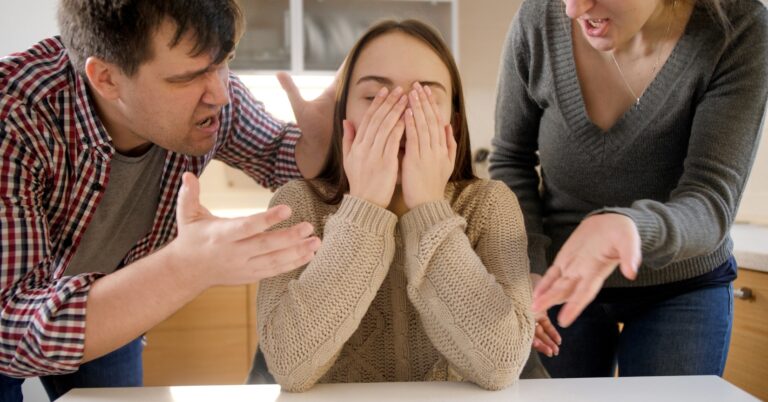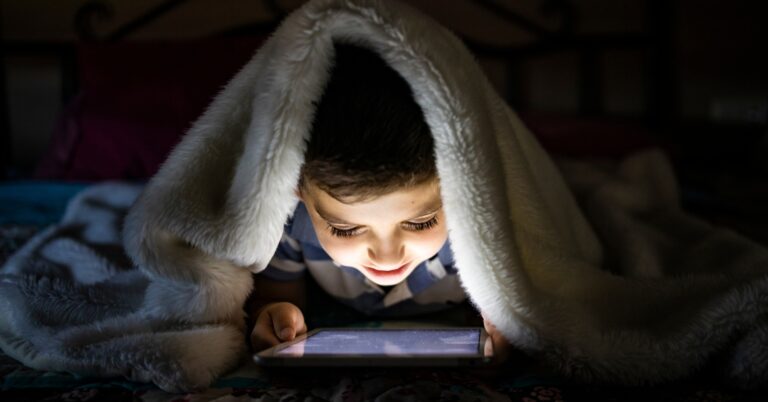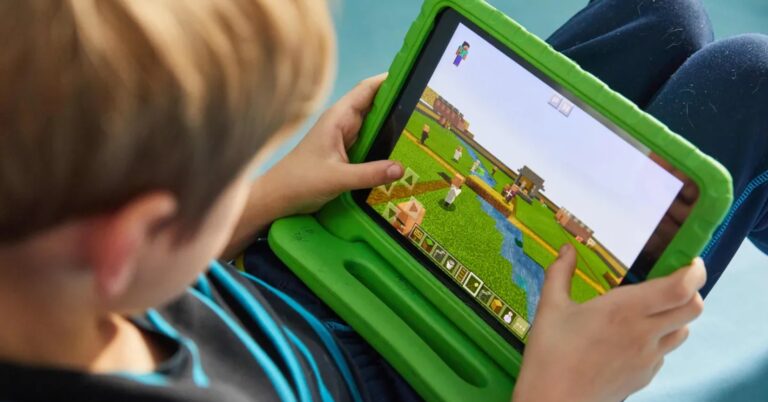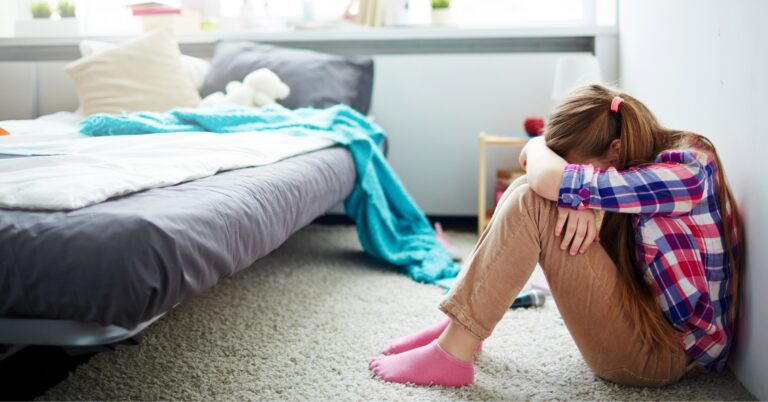Teaching kids about hand hygiene is not always a walk in the park.
As a parent, sometimes it feels like you’re trying to convince a cheeky little monkey to wash their hands, not a small human. And often, your true intentions of keeping them healthy and germ-free seem to get lost in translation.
Now, preschool educators, they have this down to an art. They know exactly how to get children to understand the importance of hand hygiene. And they manage to do it without resorting to the all-too-tempting “because I said so” argument.
They’ve got some valuable lessons up their sleeves that can help us parents out. Here are 6 of those lessons that will change the way you teach hand hygiene to your child.
1) Make it a game
Let’s face it, who doesn’t love a good game? Especially kids.
Preschool educators have cracked the code when it comes to making hand hygiene fun for children. They don’t just tell them to wash their hands, they transform the process into an enjoyable game.
Turning hand washing into a fun activity stimulates children’s interest while also promotes engagement. When kids enjoy what they’re doing, they’re more likely to do it consistently and correctly.
Activities like singing a song while washing hands, pretending to chase away germs, or even making bubbles can make hand washing exciting. And the best part? It doesn’t involve any manipulation – just pure fun and learning.
When it comes to teaching kids about hand hygiene, creativity is your best ally. So why not turn it into a game? After all, who said hygiene had to be boring?
2) Maintain consistency
In my household, consistency has been a game-changer.
When I first started teaching my little one about hand hygiene, it wasn’t always smooth sailing. I’d often find her running off to play, completely forgetting about washing her hands after meals or playtime.
Then I remembered a lesson from her preschool teacher: consistency is key.
I began to establish a strict handwashing routine – after using the bathroom, before and after meals, and after playing outdoors. I made sure to consistently remind her about it until it became second nature to her.
The results were astonishing! The consistency helped her remember to wash her hands and made her understand its importance.
So, take it from a preschool educator (and a parent who has been there), being consistent with handwashing routines can make all the difference in teaching your child about hand hygiene.
3) Use visual aids
As a parent, you may find yourself repeating the same instructions over and over. But what if there was a more effective way to get the message across?
Preschool educators often use visual aids to help children understand and remember important lessons. When it comes to hand hygiene, pictures and posters can be incredibly effective.
Consider putting up a colorful poster in the bathroom that illustrates the steps of proper handwashing. Or, you could make your own handwashing chart with your child, turning it into a fun arts and crafts project.
Visual aids can provide a constant reminder for your child about how and when to wash their hands. Plus, seeing the steps in a fun, colorful format can make handwashing more appealing to your little one.
4) Lead by example
Children are naturally observant. They learn a lot from observing the people around them, especially their parents.
Preschool educators know this and so they always lead by example. When it comes to teaching hand hygiene, they make sure to demonstrate proper handwashing techniques themselves.
You can do the same. Show your child how you wash your hands thoroughly, making sure to clean all areas, and explain what you’re doing as you go along.
Seeing their parents practicing good hand hygiene, they’re more likely to adopt the habit themselves. After all, actions often speak louder than words.
5) Emphasize the “why”
Hand hygiene is more than just a routine – it’s a vital part of keeping our little ones safe from illnesses. And preschool educators know that teaching the ‘why’ behind handwashing can help kids understand its importance.
Instead of just telling your child to wash their hands, explain why it’s necessary. Talk about germs and how they can make us sick. Discuss how washing hands can prevent the spread of these germs.
But keep in mind to keep it age-appropriate. For a young child, you could say that handwashing is like a superhero fighting off bad germs.
When children understand why they’re doing something, they’re more likely to do it. It’s not about instilling fear, but about fostering understanding and mindfulness.
6) Celebrate small victories
Learning a new habit can be a big deal for a little one. That’s why preschool educators celebrate small victories.
Did your child remember to wash their hands before dinner? Celebrate it! Did they do a fantastic job scrubbing between their fingers? Give them a high five!
Acknowledging your child’s efforts boosts their morale and reinforces the behavior. It makes them feel proud and encourages them to keep up the good work.
So, don’t forget to celebrate the small victories along the way. After all, every step towards good hand hygiene is a step worth celebrating!
Final thoughts: It’s more than just cleanliness
At the heart of teaching hand hygiene to your child is a lesson far more significant than just cleanliness.
It’s instilling a sense of responsibility, a commitment to personal health, and a respect for communal well-being. It’s empowering them with the knowledge that their actions, as small as washing their hands, can have a big impact.
The World Health Organization states that “Hand hygiene is the most important measure to avoid the transmission of harmful germs and prevent health care-associated infections.”
By teaching your child about hand hygiene, you’re not just teaching them to wash their hands. You’re teaching them to care for themselves and others.
And that’s a lesson that will serve them well beyond the bathroom sink. It’s a lifelong skill that will contribute to their health and the health of those around them.
So take these lessons from preschool educators, apply them at home, and remember: you’re doing more than just teaching hand hygiene. You’re laying the foundation for a healthier future.








